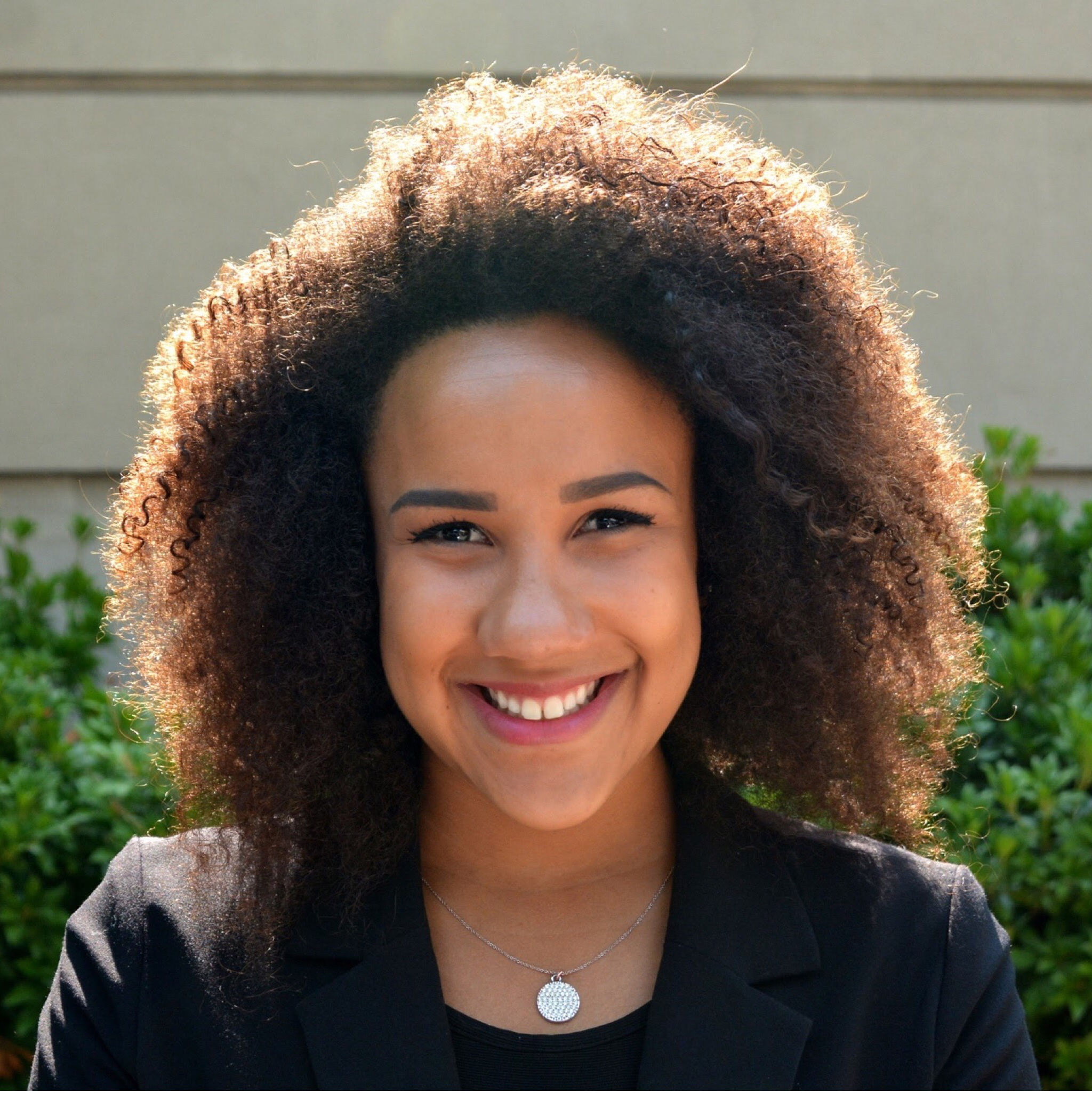4 Local Nonprofits Working on Environmental Issues
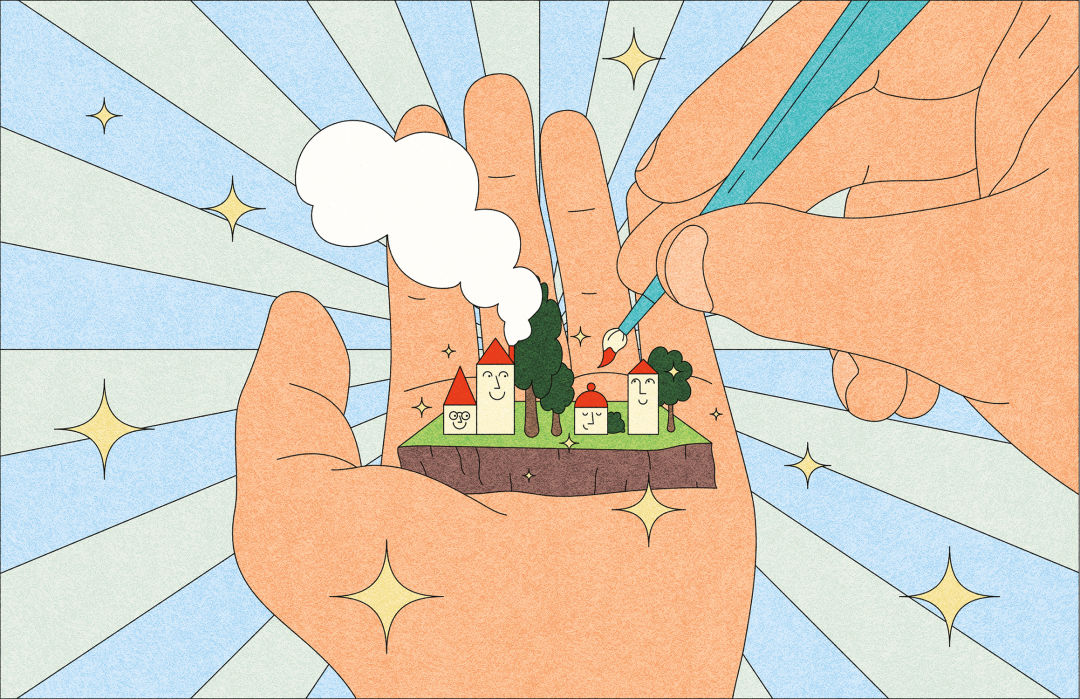
Image: Allie Sullberg
For local organizations working on our planetary health, the effects of climate change, and our local environment, check out the four nonprofits below.
Adopt One Block
Portlander Frank Moscow was aggravated with how much litter he found on the side of the roads while on his daily walks near downtown. So he started picking up trash in his own neighborhood, one block at a time. Then he imagined a whole army of people doing the same thing. Soon, he started Adopt One Block as a way to encourage others to choose one square block to take care of and to provide them with the tools needed to do so.
“Adopt One Block reimagines the way we make our city cleaner and happier,” Moscow says. “We enable anyone to care for the block they love the most, when and how they want, with cleanup supplies that we deliver to them for free.”
The group wants to make cleaning up your neighborhood as easy as possible. First off, it eschews the traditional “meet-up” volunteering model, so there are no competing calendars to coordinate. Transportation is easy when the worksite is just outside your door. And if you need tools, once you’ve signed up at adoptoneblock.org, you can order a free grabber, gloves, and buckets.
“I think the whole city is going to benefit by more engaged and involved community members, each of whom are doing their share to make Portland a better place,” says Moscow.
In just over a year, Adopt One Block has grown to include 4,800 block ambassadors and volunteers who’ve promised to keep more than 5,600 square blocks of Oregon and Washington clean. —Cami Hughes
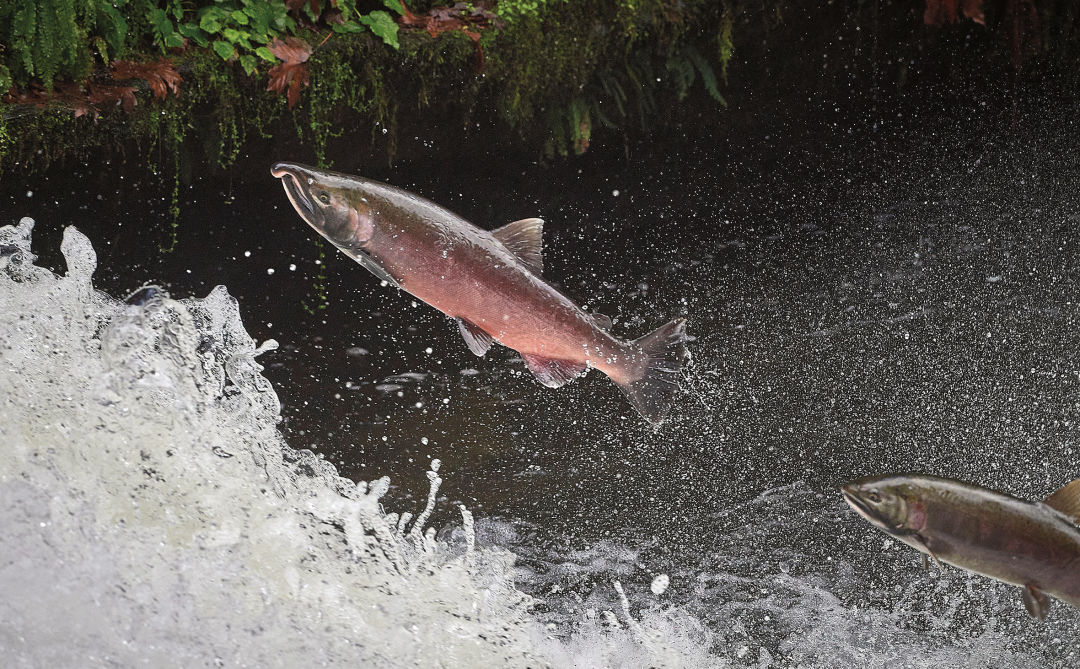
Wild Salmon Center
Salmon are so much more than just a good meal—as one of the best indicators of a healthy ecosystem, their survival is essential to the health of our forests, food supply, clean water, and coastal communities. Wild Salmon Center, an international nonprofit based in Portland, is working across the US and as far afield as Russia to protect this keystone species, an effort that’s spanned 71 rivers and more than 3 million acres. Their goal? Focus on rivers that have strong salmon populations or strongholds, and keep them that way.
Founded in 1992 by fly fishers Pete Soverel and Tom Pero, Wild Salmon Center at first was focused on research expeditions, charting not just salmon but the many species that rely on the fish for survival (137, to be exact, including orcas, bears, and seals). They found that rivers whose salmon population had been severely damaged were drastically unhealthier that those with strong salmon populations. After these first years of exploration, the group hired its first executive director, Guido Rahr, and proposed creating a network of protected rivers around the Pacific rim.
“It’s much easier to get ahead of the threats and damage that can happen to salmon rivers ... and try and get some protections in place and build on the local support for salmon,” says communications director Oakley Brooks. In addition to establishing protected status and conservation plans for rivers, the center supports other local animal or environmental protection organizations with funding, policy, and research support that can help build those groups’ capacity to make their own difference. —CH
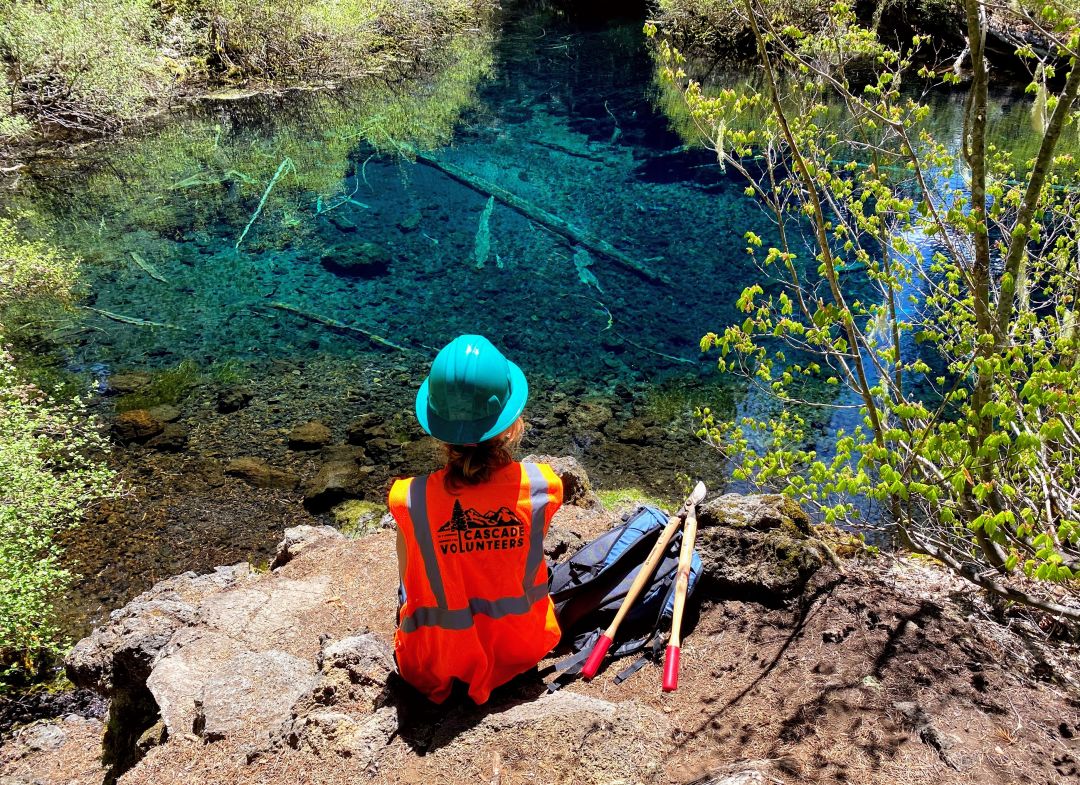
Image: Courtesy Cascade Volunteers
Cascade Volunteers
In the late summer and early fall of 2020, millions of acres of Pacific Northwest land burned in fires that blanketed Portland and beyond in smoke and ash. For many, it was a sign of irreparable damage being done to our planet. But in the weeks and months after this historic wildfire season, others, undaunted, set about the task of restoring and repairing what they could. Among those stepping up: the McKenzie Regenerative Travel Project.
A collaboration with the Springfield-based nonprofit Cascade Volunteers, First Nature Tours, and others, the travel project’s trips this past spring and summer (more are planned for 2022) brought over 100 volunteers to the McKenzie River corridor, just east of Eugene, to work on forest restoration, trail maintenance, tree planting, and more. In addition to being part of the hands-on restorative work, the trip packages, funded by Travel Oregon’s Destination Ready Program, allowed participants to experience some of the region’s lodging, local restaurants, and nearby hiking and biking excursions, all in an effort to bring tourism dollars back to heavily devastated areas.
“[We wanted to] bring visitors in who would make a positive impact, get the community more comfortable with the idea of visitors coming back after the pandemic, and then also have those visitors improving public lands and then spending dollars by staying in local lodging and eating locally as well,” says Alyssa Archer, executive director of Cascade Volunteers. She says this convergence of tourism and stewardship is meant to build a lasting relationship to the areas where we recreate.
“You look at the world around you in more detail and you really start to notice those human impacts. And it’s something that just really sticks with you,” Archer says. —Gabriel Granillo
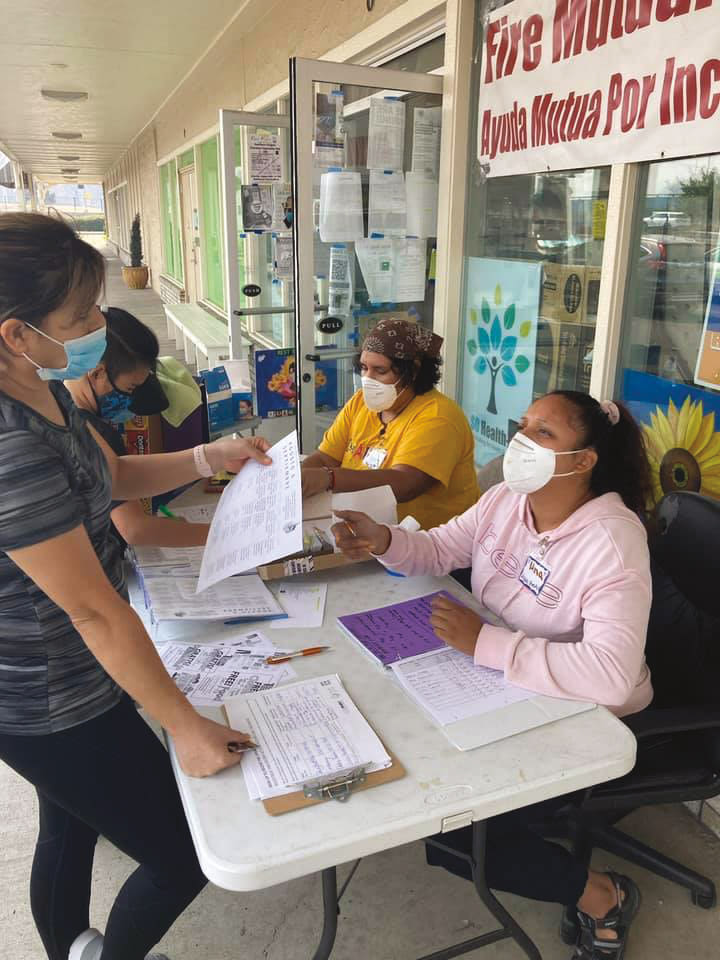
Image: courtesy rogue climate
Rogue Climate
Since 2013, this Rogue Valley–based nonprofit has been driven by a mission to empower the Southern Oregon communities most impacted by climate change through education, leadership development, and legislative action. But the fires of 2020, particularly the Obenchain and Almeda Fires—which burned down some 2,500 homes and hundreds of businesses (including Rogue Climate’s Rogue Valley office)—brought a new sense of urgency to their mission.
To be fair, that urgency has always been there, says Maya Jarrad, Rogue Climate’s volunteer and fire relief coordinator, but when the organization saw the direct impacts climate change had on low-income residents and communities of color in the area, they stepped in. “It’s not a generalization to say that climate change is impacting communities of color, elderly communities, or disabled folks first and worse,” says Jarrad.
With other local groups, Rogue Climate helped organize supply and pickup locations across the area, launched the Rogue Valley Relief Fund, which has raised some $1 million for families and community members displaced by the fires, and helped operate the Phoenix Fire Relief Center. The center, which closed in August after the need for immediate fire resources lessened, ran for a full year and supported between 450 to 800 households per week with food and supplies.
Rogue Climate is also committed to legislative action to address the long-lasting effects of climate change, advocating in 2021 for the Healthy Homes Repair Fund and the 100% Clean Energy for All bill.
“Rogue Climate really focuses on people being able to make changes in their own lives,” says Jarrad. “It feels like a natural pairing for us to be working on immediate issues that we can see need to be fixed, while at the same time advocating for changes that make it easier for us in the future.” —GG
